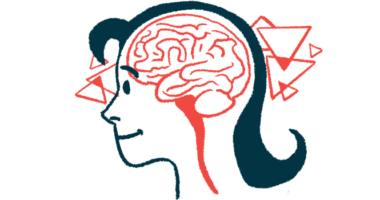
Symptoms of Friedreich's ataxia
Cardiomyopathy
Friedreich’s ataxia is caused by a deficiency of the frataxin protein. This can result in a condition called cardiac neuropathy, which involves damage to the nerves that innervate the heart and changes in cardiac muscle that lead to cardiomyopathy, or heart muscle disease. Around 75% of people with FA develop heart abnormalities.
FA is typically diagnosed between ages 10 and 18. At that time, patients’ heart muscle may have started to thicken but can still function fine. Heart function declines over time, however, and within 10-15 years, patients can develop severe heart failure.
Dysarthria
Dysarthria is a collective name that refers to a group of movement disorders that affect the muscular control of speech, resulting in altered voice quality, speech clarity, and intelligibility. It can be caused by genetic ataxia, such as Friedreich’s ataxia.
Dysarthria in Friedreich’s ataxia reduces the quality of life of people as it affects their ability to communicate and to participate in society.
Dysphagia
Dysphagia, or difficulty swallowing, is a common symptom of Friedreich’s ataxia. Swallowing becomes difficult as FA advances and there is more and more loss of coordination as well as weakness, spasticity, or shaking.
Swallowing impairment can occur in the mouth, the pharynx or cavity behind the nose and mouth, and the esophagus or food pipe.
Diabetes
Diabetes, or abnormally high blood sugar levels, occurs in about 10% of Friedreich’s ataxia patients. It has been suggested that both insulin deficiency, caused by B-cell dysfunction and death, and insulin resistance, or an interplay between these two, contribute to blood sugar abnormalities in patients with FA.




